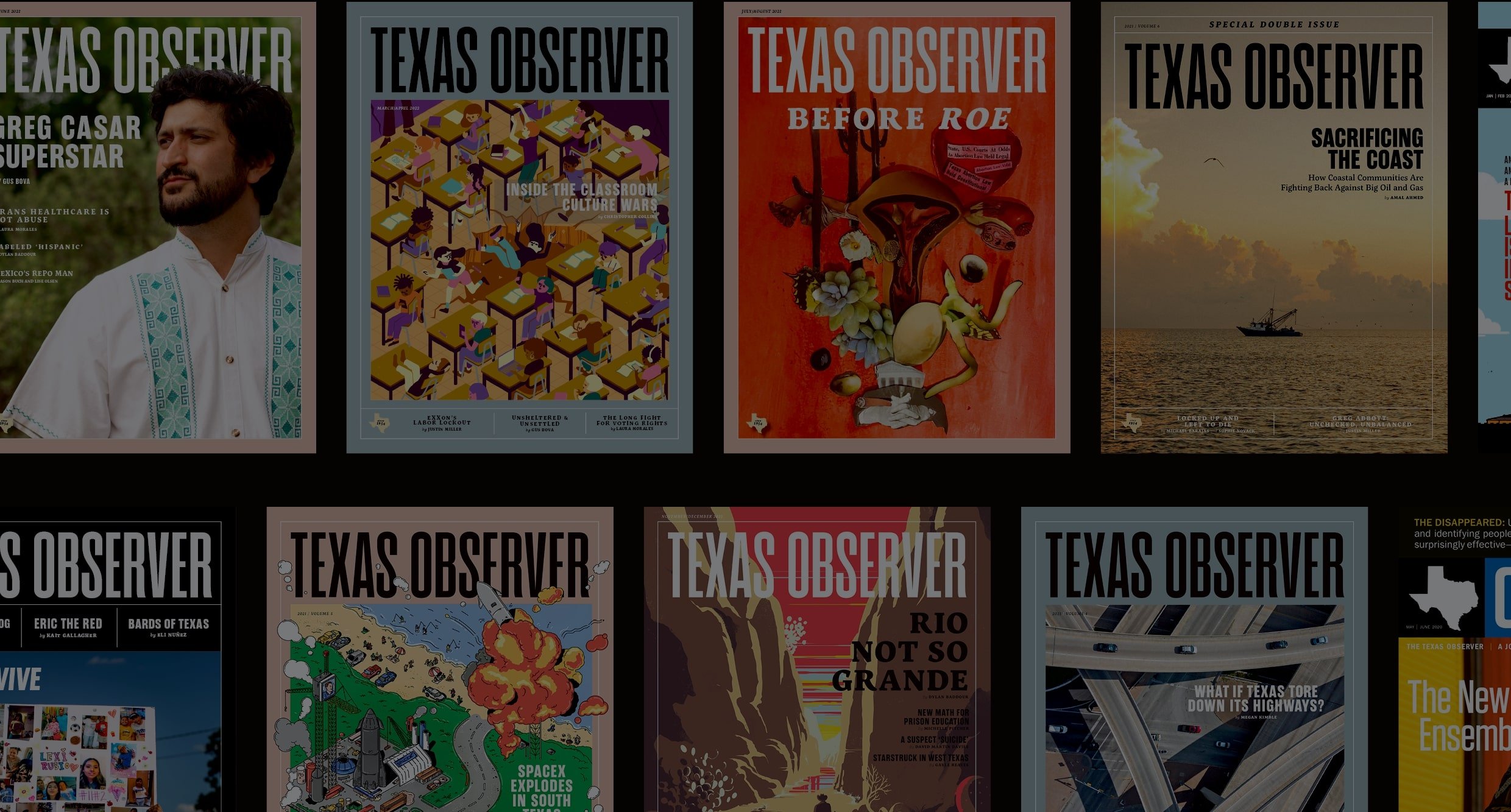Veracruz Journalist Asks for Asylum, Gives Urgent Plea for Help for Colleagues in Mexico
In the battle for territory by organized crime in Mexico, the state of Veracruz has become one of the most violent and contested conflict zones. Local journalists, bearing witness to the brutal battle, are being systematically tortured and killed and the Veracruz and Mexican governments are doing nothing to protect them.
This was the urgent message on Tuesday in Austin, from former Veracruz reporter and photographer Miguel Angel Lopez Solana who made a plea for help for his colleagues in Veracruz at a forum focusing on journalism safety in Latin America, sponsored by the Knight Center for Journalism in the Americas and the Latin America and Media programs of the Open Society Foundations. “They aren’t just killing us journalists they are drawing and quartering us…We are living in terror,” he told an audience packed with Latin American journalists and international nonprofit organizations who were meeting to discuss ways of protecting journalists who are increasingly being killed by transnational organized criminal gangs.
Lopez Solana, 31, announced at the forum in Austin that he and his wife Vanessa will ask for political asylum in the United States since they fear for their lives in Mexico and feel that the government has failed in protecting journalists under threat. Lopez Solana and his wife will be represented by El Paso immigration attorney Carlos Spector, who has represented several Mexican reporters in asylum cases since the drug war started in Mexico in 2006.
Lopez Solana had good reason to flee Veracruz. On June 20, 2011, his father the noted columnist and author Miguel Angel Lopez Velasco, his mother Agustina and his 21-year old brother Misael, a news photographer, were killed by unidentified gunmen who broke into their home as they were sleeping. Lopez’s father was a longtime columnist who wrote about crime and politics for the Veracruz newspaper Notiver. Miguel, and his brother, worked for the same publication covering the police beat.
“My father always told me the journalist’s job was to uncover injustice. He was very passionate about his work,” says Lopez Solana. After the journalist buried his family, he flew directly to Mexico City because he was afraid he’d be killed at any moment, he says. “I literally drove from the cemetery to the airport because I felt I was in a very high risk situation.”
The safety situation started deteriorating for Veracruz’s reporters in 2007, he says. The Port of Veracruz is the country’s largest commercial port. Several drug cartels are fighting for control of the port, says Lopez Solana. Ex police and corrupt officials are also working with the cartels for control of the valuable smuggling territory. Organized crime controls everything in the port city, he says, from the sale of pirated DVDS to human smuggling and drug trafficking. “There is an intense struggle going on right now to see who will control the country,” he says. “In (Veracruz) they have co-opted business, politics and they’ve stolen land from many landowners. If they can’t take over journalists they will be killed.”
In May, four reporters were killed in Veracruz: Regina Martinez of the newsmagazine Proceso, and photographers Guillermo Luna, Gabriel Huge and Esteban Rodriguez, a cameraman. Martinez showed signs of being strangled in her home while the other three journalists, and a woman Irasema Becerra, who was reportedly Luna’s girlfriend, were dismembered, thrown into garbage bags and dumped in a canal.
Huge, Luna and Rodriguez had fled Veracruz last year after a number of police beat reporters were threatened or killed, including Yolanda Ordaz de la Cruz, who also worked for Notiver. Lopez Solana said she wanted to flee the city but was afraid of losing her job. He said news media organizations in the state do not support their reporters after they receive death threats or are assaulted. Instead they are advised to leave the state, often without any severance pay.
Huge, Luna and Rodriguez had recently returned to Veracruz after struggling to find work in other states. Lopez Solana said after returning the reporters were blacklisted by the state, which is dominated by the Institutional Revolutionary Party, or PRI, which financially supports most of the state’s publications through publicity funding. Within two months of returning the three journalists were killed.
Every time journalists are killed, state and federal officials promise publicly to investigate the murders and find the killers but then nothing is pursued, he says. After the latest wave of killings the 31-year old reporter said he no longer felt safe in his own country. “My father always told me to trust my intuition above everything else,” he says. “One morning recently I woke up with the overpowering feeling that I should leave Mexico immediately.” Lopez Solana told his wife to gather some things and they left that afternoon.
Now the journalist and his wife are hoping to find asylum in the United States. “I feel like I’m trapped in a very long, dark tunnel and I am waiting to see the light at the end,” he says. The reporter told the international NGOs at the forum, which included such organizations as Reporters Without Borders and the Committee to Protect Journalists, that things have become unbearable for his colleagues back home. “You should hold this forum in Veracruz,” he said. “They are very isolated and they don’t feel your support…They are traumatized and living in fear. It’s way beyond any fiction you could ever imagine.”

